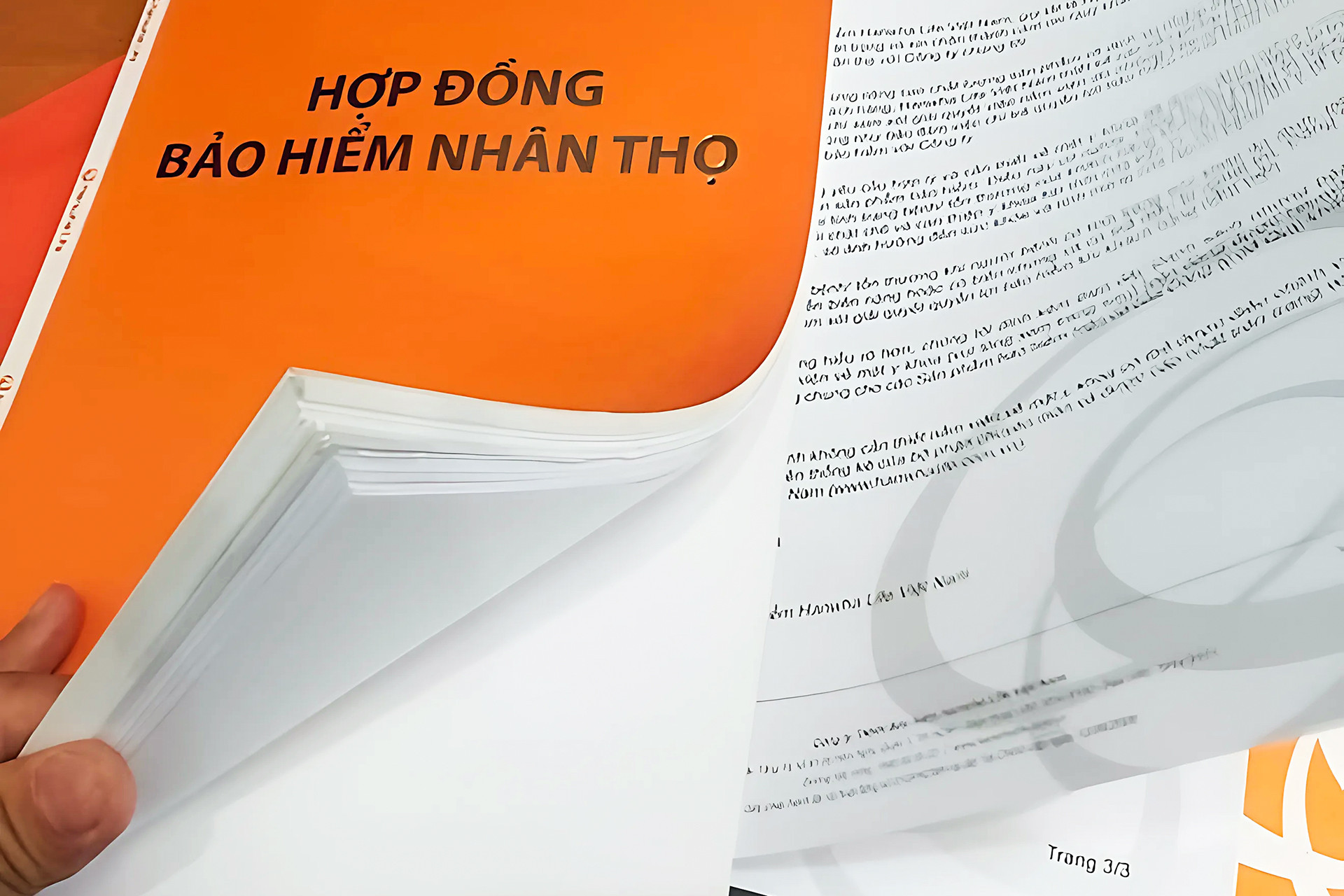
Though insurance fraud is not new, there recently have been signs of it increasing again. According to a life insurance company, recent fraud schemes have primarily focused on two situations: burns and fractures.
In the case of burns alone, numerous scenarios have been staged, ranging from clumsy to sophisticated attempts to deceive insurance companies. The scenarios are often “strikingly similar” to one another.
“Most policyholders claim they suffer burns due to boiling water, with reasons such as: accidentally bumping into boiling water while attending a feast, knocking over a pot of boiling water used to cook chicken, or getting burned while eating hot pot. These contexts are hardly convincing and share many suspiciously similar details,” said a representative from an insurer.
“As for the fractures, they show no signs of significant external force, and the circumstances surrounding the fractures don’t seem entirely natural,” the company representative added.
The insurance company has found that recent cases of fractures and burns involved customers of two agents, M. and N. These two agents also rank among the top nationwide in terms of the number of customers reporting fractures and burns.
Another insurance company has also reported that it has detected signs of fraud among some customers. These customers often purchase insurance contracts focused on high-value accident benefits, though they do not work in high-risk occupations. Additionally, they simultaneously purchased contracts from multiple insurance companies with similar benefits.
The strange coincidence is that customers in this group all suffered fractures or burns just a few months after their insurance contracts took effect.
“Some of our independent investigations indicate that these burn and fracture cases are not… natural. The burns are quite superficial, likely to heal quickly without scarring. The fracture cases are not severe and lack eyewitness accounts,” a representative from the company said.
Police investigation
Regarding insurance fraud activities, the police have recently uncovered the use of falsified documents to prove accidents, and have prosecuted two customers involved in defrauding an insurance company.
One of these customers is Q., whose previous insurance contract lapsed in August 2023. However, just a few months later, Q. reinstated her contract and purchased an additional policy with high-value accident benefits. In early 2019, she attempted suicide.
The other prosecuted customer is H., who also suffered burns. H. was guided through the claims process by a woman named T. The insurance company discovered that T. had previously been caught by company staff to be involved in a fake fracture case in Hanoi.
In 2024, the Police Investigation Agency in Nhu Xuan District in Thanh Hoa Province, initiated a criminal case and prosecuted 16 individuals for offenses including “fraud in insurance business,” “abusing power while performing official duties,” and “negligence causing serious consequences”.
According to the Vietnam Insurance Association (IAV), fraudsters fabricate medical records with various disease groups, commonly including: for high-benefit payout conditions such as burns (Yen Bai, Thai Nguyen), fractures (Nghe An), and abscess drainage (Hanoi, Thai Nguyen); endoscopic procedures for the larynx/stomach (Ca Mau, Hanoi); and common illnesses requiring extended inpatient treatment like poisoning, enteritis, or stomach pain/ulcers (Thanh Hoa, Phu Tho).
Penal Code
Insurance fraud has been criminalized by the 2015 Penal Code. Currently, there are three main types of sanctions for fraudulent behavior in insurance:
Civil sanctions: If the policyholder provides false information to enter into an insurance contract, the insurance company has the right to cancel the contract and refuse compensation. If the contract was entered into under deception, it will be deemed void, and the parties must return what they received.
Administrative sanctions: Fraudulent acts in insurance can be subject to administrative penalties under Decree No 98/2013/ND-CP. Fines can reach up to VND100 million if the fraudulent behavior does not meet the threshold for criminal prosecution.
Criminal sanctions: Under the 2015 Penal Code (amended and supplemented in 2017), insurance fraud can lead to criminal liability for offenses such as “fraud in insurance business” or “fraudulent appropriation of property.” The maximum penalty can be up to 7 years in prison, and in severe cases, perpetrators may face life imprisonment, along with fines and other forms of punishment.
Tuan Nguyen